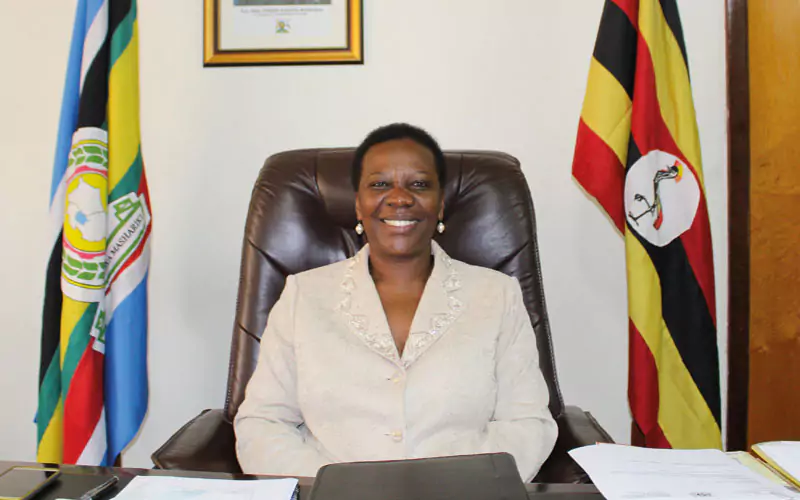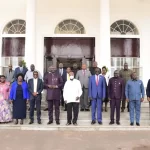Former Energy and Minerals Minister Irene Muloni has raised alarm over the continued lack of electricity access in many of Uganda’s sub-counties, despite a multi-million-dollar loan secured nearly a decade ago to address rural energy needs.
Muloni, an electrical engineer by profession who served as Energy Minister until 2019, pointed fingers during a heated parliamentary session this week, questioning the progress of the Uganda Rural Electricity Access Project (UREAP), funded by a $212 million loan from the Exim Bank of China.
Under the project, the government was expected to contribute $13 million in counterpart funding, while local suppliers were to inject $36 million for key materials like poles and wires. The implementation was entrusted to Chinese firm M/s TBEA Co., Ltd in partnership with 45 local subcontractors.
Muloni said the goal was to connect every sub-county to the national grid under the broader Bridging the Demand-Supply Gap through Accelerated Rural Electrification Programme (BDSGAREP), but the reality on the ground is far from that vision.
“Funds were released, local suppliers committed, and contractors deployed so why are so many sub-counties still in the dark?” Muloni asked, questioning transparency and project oversight.
The project, designed in five phases to expand medium and low voltage networks, prioritized quick-win schemes in underserved districts during its first and second phases to boost visibility and public confidence. Yet, implementation delays and alleged supplier frustrations have marred its progress.
State Minister for Energy Sidronious Okasai was present during the parliamentary session but did not offer a substantive update on the project’s status—further fueling concern among legislators.
Muloni’s call puts pressure on Energy Minister Ruth Nankabirwa, who succeeded her in 2019, to account for one of the country’s most ambitious rural infrastructure programs amid growing scrutiny over stalled service delivery.







